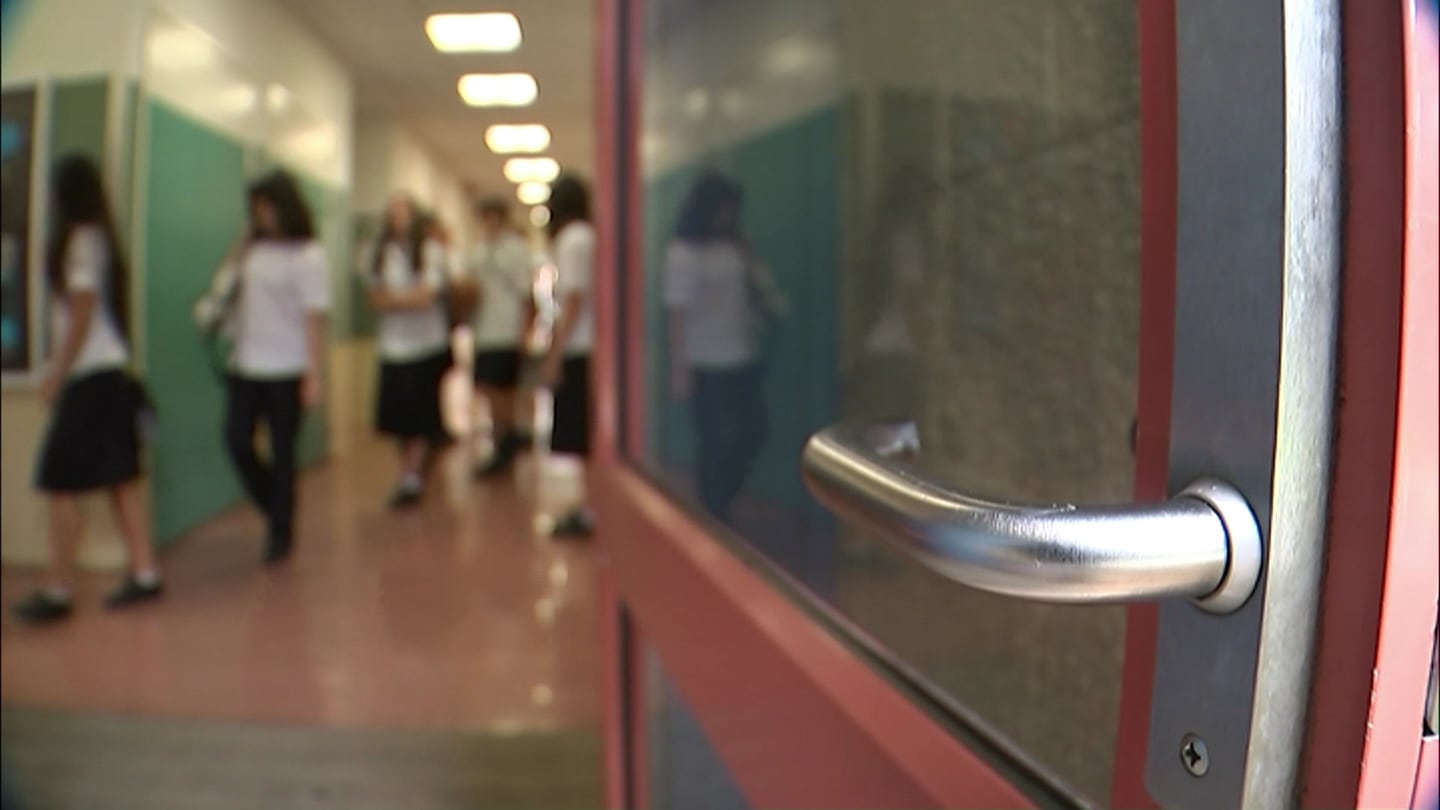TRIGGER WARNING: This article references issues of sexual violence and abuse.
A report by social impact organisation Let’s Talk Consent has revealed how schools are struggling to provide a safe environment for students who have been sexually abused.
The report, Youth experiences of sexual violence in Aotearoa New Zealand, includes testimonies from 300 youth, with 288 describing horrifying experiences of sexual violence, including rape, assault and harassment.
“For some, this was almost daily harassment normalised within their school’s culture. For others, it was brutal, forceful, and left them injured, anxious, in pain and too afraid to speak about. Some students described pack rape by groups of young men without any consequences faced,” the report says.
Let’s Talk Consent co-founder Genna Hawkins-Boultan, from Ngāti Kahumate, led the report. She says youth who had experienced sexual violence did report their abuse to school staff but “didn’t really get offered pathways to justice”.
“There was no learning assistance offered and they found themselves in the same classes as the people they had reported which is very concerning considering when we think about re-traumatisation among victims.”
Victim-blaming behaviour
Ten percent of contributors in the report also stated they experienced victim-blaming behaviour after disclosing to their friends or to school staff.
One of the testimonies said, “He sexually assaulted me and when the school found out they did nothing. They allowed him to be in my classes. They didn’t give him even so much as a talking to, nothing. I was crying to the deans about him touching me and how I said no, and he faced no consequences.”
Another said, “The school knew he assaulted me but kept putting us in the same classes. I began failing academically and the school suggested I leave and do a course, while my rapist was able to graduate high school with our peers. I will never get those years back and suffer to this day. We were never taught consent in school.”
Recommendations to Ministry of Education
Hawkins-Boultan says providing school staff with disclosure training can help ensure staff can handle disclosures from a trauma-informed response.
The report has also made two recommendations to the Ministry of Education. The first is to reform current schools’ duty of care guidelines and National Education and Learning Priorities (NELP) priorities to explicitly include a zero-tolerance approach to sexual violence.
“We have harassment, bullying really nothing explicit about sexual violence and I think that’s a really important step to make sure that these kinds of experiences are validated and they are approached in a trauma-informed way as well,” Hawkins-Boultan says.
The second recommendation is to make whole-school approaches to consent-based learning a compulsory part of the secondary school curriculum.
“We saw that in the number of people surveyed 54 per cent did get consent education. Seventy-two percent didn’t believe it was adequate enough and so a big recommendation for us is making sure that sexual violence prevention specialists are consulted in the upcoming refresh of relationship sexuality guidelines.”



